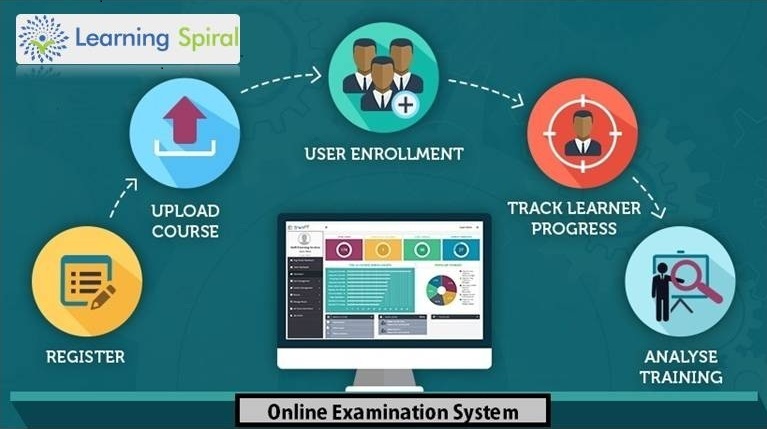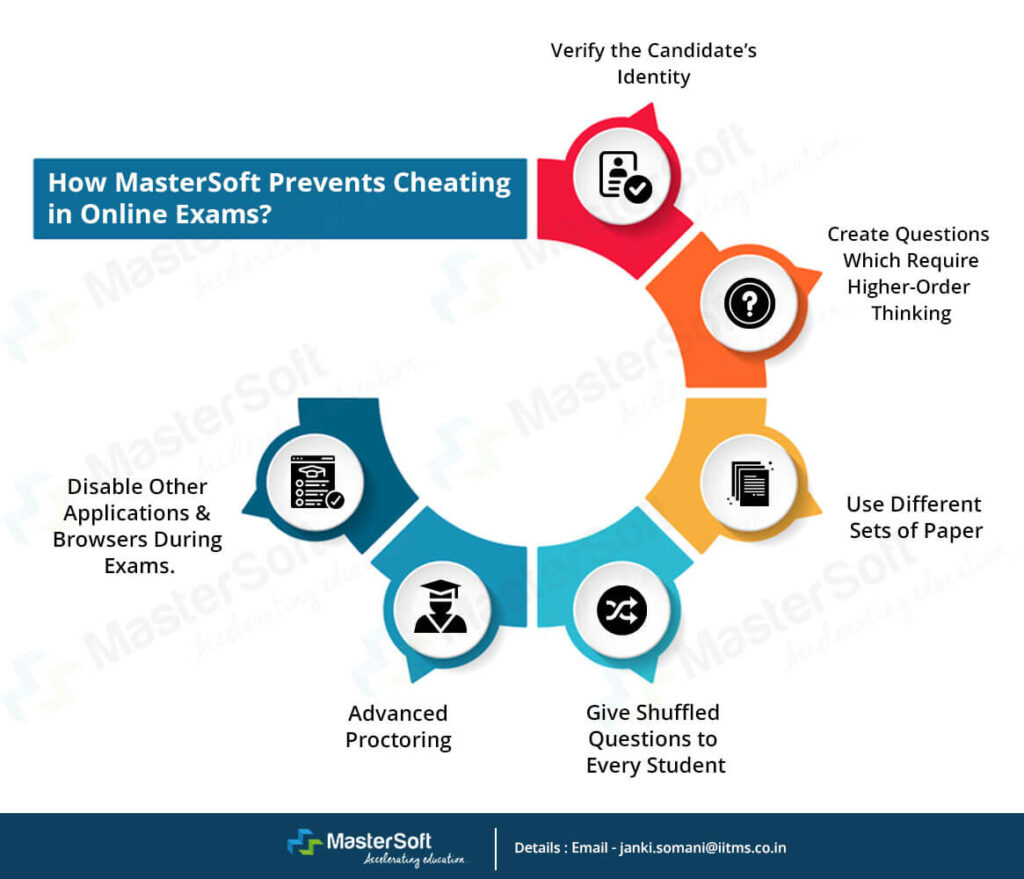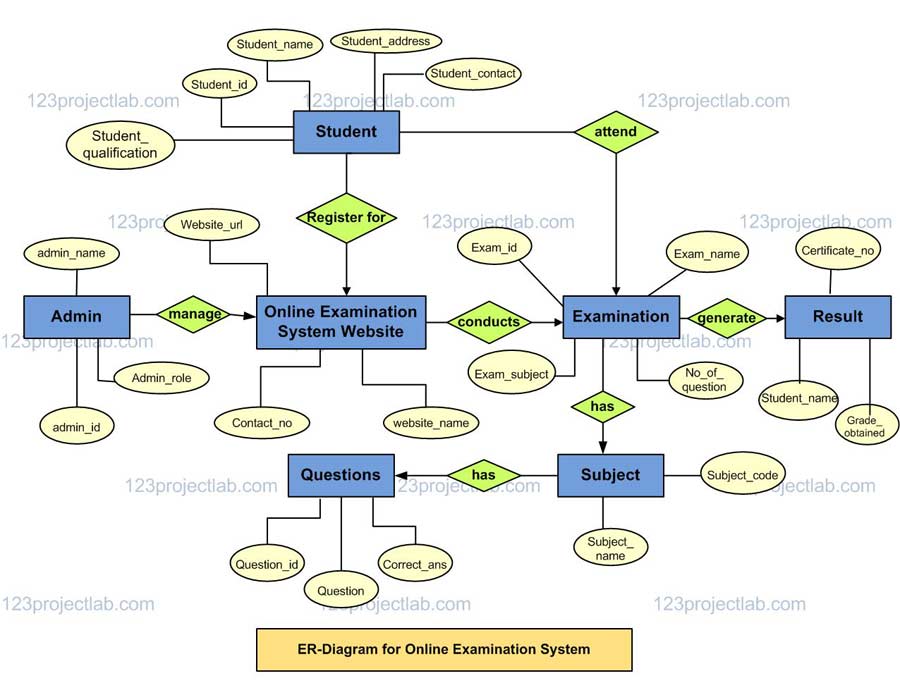Examination System in Pakistan
Contents
- 1 Examination System in Pakistan
- 2 Introduction
- 3 Detailed Structure of the Examination System in Pakistan
- 4 Major Examination Boards in Pakistan
- 5 Examination Centers and Logistics
- 6 Evaluation and Result Compilation
- 7 Challenges in Pakistan’s Examination System
- 8 Recent Reforms and Developments
- 9 FAQs About the Examination System in Pakistan
- 10 Conclusion
Examination System in Pakistan
Introduction
The examination system in Pakistan is the backbone of its educational framework, designed to assess academic performance and intellectual competence across all levels of education. From primary schools to universities, examinations play a pivotal role in shaping students’ future careers, higher education paths, and professional opportunities.
This system, though standardized in intent, is diverse in practice due to the presence of multiple examination boards, distinct syllabi, and varying assessment methodologies across provinces. Understanding the structure, functionality, and challenges of Pakistan’s examination system is essential for students, educators, and policymakers alike.

Detailed Structure of the Examination System in Pakistan
The educational and examination structure in Pakistan is divided into several tiers:
1. Primary and Middle Level
- Covers Grades 1 to 8.
- Examinations are usually school-based.
- Punjab Examination Commission (PEC) conducts standardized exams for Grade 5 and 8.
2. Secondary School Certificate (SSC) – Matriculation
- Comprises Grades 9 and 10.
- At the end of Grade 10, students appear for SSC Part-I and Part-II exams.
- Subjects include science, arts, and technical education tracks.
3. Higher Secondary School Certificate (HSSC) – Intermediate
- Covers Grades 11 and 12.
- Divided into HSSC Part-I and Part-II.
- Streams: Pre-Medical, Pre-Engineering, Humanities, Commerce, ICS, etc.
4. University Examinations
- Undergraduate and postgraduate exams are conducted internally by universities.
- Includes semester systems, annual exams, and thesis evaluations.
Major Examination Boards in Pakistan
Pakistan’s exam boards are divided by region and system type. These boards are responsible for preparing syllabi, registering students, setting papers, evaluating exams, and issuing results and certificates.
A. Public Examination Boards (BISE)
Each province has several Boards of Intermediate and Secondary Education (BISE). Key boards include:
- FBISE (Federal Board of Intermediate and Secondary Education) – Islamabad
- BISE Lahore – Punjab
- BISE Karachi – Sindh
- BISE Peshawar – Khyber Pakhtunkhwa
- BISE Quetta – Balochistan
- AJK Board – Azad Jammu and Kashmir
B. Private and International Boards
- Cambridge International Examinations (CIE) – O-Level, A-Level
- International Baccalaureate (IB)
- Aga Khan University Examination Board (AKU-EB) – Offers innovative assessment methods with a focus on conceptual learning.

Examination Centers and Logistics
Examinations are conducted at thousands of designated examination centers across Pakistan. The key aspects include:
- Registration Process: Students must register through their schools or online portals of respective boards.
- Exam Roll Number Slips: Issued by boards with student details and allocated centers.
- Security Protocols: Cameras, mobile phone bans, and invigilators ensure fair practices.
- Standardized Timing: Morning and evening shifts are often scheduled to manage candidate load.
Evaluation and Result Compilation
After exams, answer sheets are sent to marking centers where experienced examiners evaluate them under strict guidelines. Results are published on official websites and gazettes, with grades or marks determining students’ academic standing.
Grading Systems
- Traditional Marks System (out of 1100 for HSSC)
- Percentage and GPA formats are increasingly being adopted by universities and some boards.
Challenges in Pakistan’s Examination System
Despite its structure, the examination system faces multiple challenges:
- Cheating and Unfair Means: Use of technology and impersonation in some areas.
- Rote Learning Culture: Emphasis on memorization over conceptual understanding.
- Lack of Standardization: Disparity between various boards in syllabus and grading.
- Delayed Results: Affecting admission processes for higher education.
- Undertrained Invigilators and Examiners: Leading to inconsistent evaluation.
Recent Reforms and Developments
To improve the quality and credibility of the examination system:
- Digitalization of Processes: Online registration, result declaration, and roll number slips.
- Curriculum Reforms: Shift towards outcome-based education.
- Smart Assessment Tools: Introduction of computer-based testing in some institutions.
- Single National Curriculum (SNC): Aims to standardize education across provinces.
FAQs About the Examination System in Pakistan
Q1: What is the role of BISE in Pakistan?
BISE conducts SSC and HSSC examinations, manages registration, paper setting, marking, and result declaration for students in its jurisdiction.
Q2: Can private candidates appear in BISE exams?
Yes, private candidates can register directly with the board and appear as non-regular students.
Q3: How are Cambridge exams different from local boards?
Cambridge exams (O/A Levels) focus more on analytical and conceptual skills and follow an international curriculum, unlike local boards which often focus on rote learning.
Q4: Are there any efforts to curb cheating in exams?
Yes, boards are implementing strict invigilation, biometric verification, surveillance cameras, and sealing exam papers securely to ensure fairness.
Q5: How can students check their exam results?
Results are published on the official websites of the respective boards. Some boards also offer SMS-based result services.
Conclusion
The examination system in Pakistan plays a vital role in evaluating and shaping the academic future of millions of students. Despite facing numerous challenges, continuous reforms and digitization efforts are leading the way to a more transparent and effective system. Aligning curricula, promoting conceptual learning, and enforcing stricter exam protocols are essential to ensure merit-based assessments that truly reflect student abilities.

Join Us On https://jobsgoro.com/Join Our Whatsapp Group https://chat.whatsapp.com/CVwROiD9kKSFwq6pnIdQxiJoin Join Us On Facebook :https://www.facebook.com/profile.php?id=100085051735597&mibextid=ZbWKw